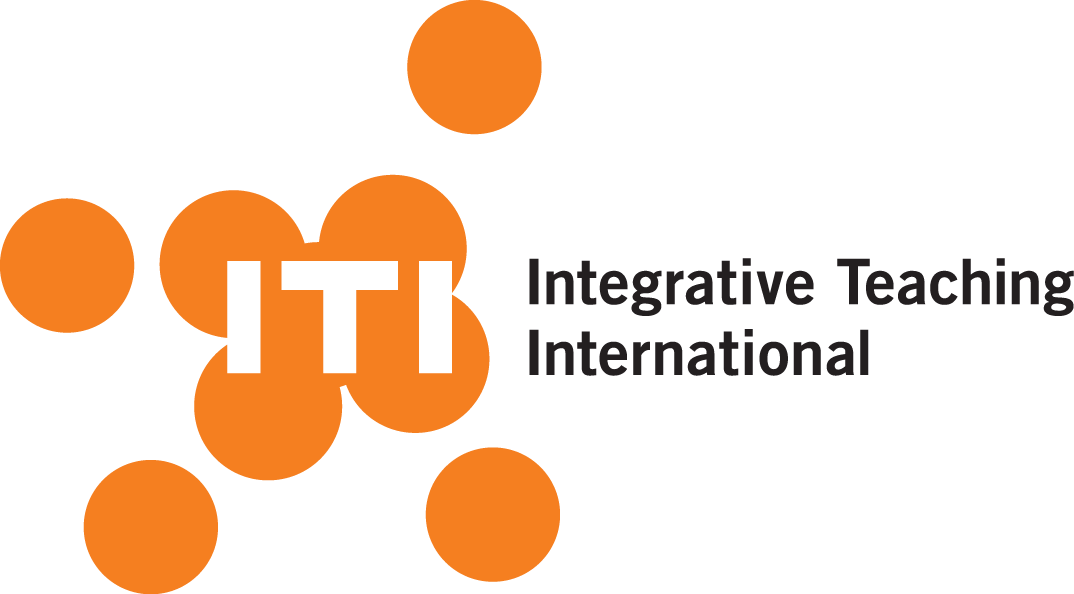Teaching with Technology - TT@MACAA

Technology and Teaching
Oct. 3, 2012, Westin Hotel, Detroit, MI
Mid-American College Art Association Conference
This year MACAA Conference attendees in Detroit were invited to participate in a pre-conference workshop called Teaching with Technology; a four-hour intensive ThinkTank experience covering Active Learning Principles using technology in the classroom. The workshop, co-sponsored by Oakland University and Integrative Teaching International, was facilitated by ITI President and Learning Technologist, Anthony Fontana, and by ThinkTank veteran, Michael Arrigo, Associate Professor of Art at Bowling Green State University.
Anthony Fontana opened the event with Teaching and Technology: Active Learning in the Classroom. This overview introduced participants to the principles of Active Learning, specifically addressing ways to put these principles into practice by familiarizing participants with some of the latest mobile technologies and applications. Following this introduction the participants split into two smaller working groups to discuss and debate the hurdles and advantages of integrating technology into studio and lecture classes. The groups were asked to consider some of the broader implications of technology for teaching studio art and design, and to explore practical applications of digital technology to enhance student research, critical thinking, collaboration, communication, and creativity.
The discussions in the working groups proved to be lively and wide-ranging. Fontana’s group tackled the perils and promise of online teaching and considered the power of digital learning communities to press learning beyond the classroom to engage ever widening circles of collaborators. Arrigo’s breakout session began their discussions narrowly focused on the merits of the iPad as a consumption or production tool in foundations classrooms, but quickly moved to identify broad pedagogic considerations of the ways that technology empowers students and can provide layered opportunities to enrich analog and multi-modal experiences.
While definitive, unanimous conclusions were few, the ThinkTank workshop was productive in that it broadened participants’ perspectives and deepened their understanding of the issues at stake. The workshop wrap-up produced a set of questions and prompts that participants could take back to their own institutions to help them engage their colleagues in fruitful discussions as they seek to implement cohesive strategies for integrating technology into their curricula in ways that enhance their institutional mission and prepare their students for the future.
Michael Arrigo
Associate Professor
First Year Program Coordinator
Bowling Green State University

